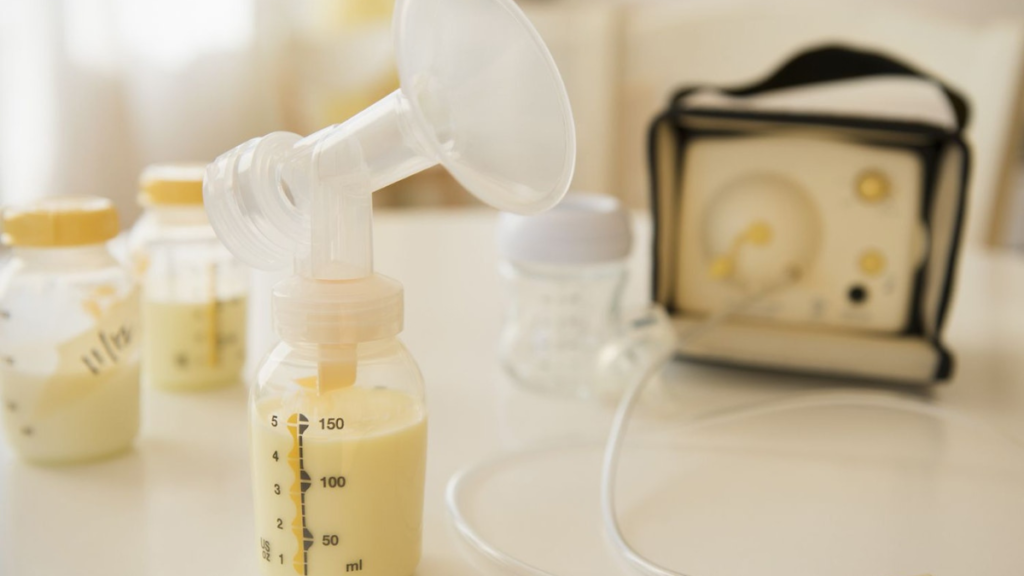
Whether your baby’s NICU stay is anticipated or a total surprise, it can be a stressful ordeal for the parents. Neonatal Intensive Care Units are specialized parts of the hospital that care for preterm and newborns that need support and medical care after birth. When you have a NICU baby, there is a loss of control that can bring about anxiety and a feeling of deep sadness. My suggestion is to speak with the nurses and doctors in the NICU about ways that you can be involved in your baby’s care. If you are able, one important way is to be involved is pumping breastmilk for your baby.
As a NICU mom and nurse, here are my tips for pumping for your special baby:
1) PUMP– Try to pump every 3 hours around the clock. Even though you might not be able to feed your baby at breast or even with a bottle every three hours, a newborn would feed approximately this much, and your body needs the stimulation to have a good milk supply. So, the pumping frequency must match a newborn baby.
2) Gear– It is so helpful to keep a pump at home and then use the hospital one when you are at the bedside. The hospital one is a medical grade pump and can be even more effective in removing milk. Also, you are already so tired dragging your home pump back and forth is not necessary if the hospital can have one for you to use. Many times, private insurance companies will supply a breast pump either before or directly after birth.
3) Clean– Keeping the pump and supplies clean is very important for your fragile baby. Make sure to wash hands before handling your pumping supplies. Use hot water and soap to wash all supplies except your tubing. Let supplies air dry and do not towel dry. Sanitize using dishwasher or boiling water every 24 hours. There are sanitizing bags that you can microwave pump parts in that are helpful at the hospital. Make sure you read all the directions on products so not to damage your pumping supplies. You are also important and do not want to get a nasty mastitis infection on top of what you are already having to do.
4) Supplies– Ask your NICU nurse for an extra set of pumping parts. Depending on the brand you have the NICU could have an extra set of flanges and tubing. This is very helpful if you have enough sets of pumping supplies you can wash your supplies after every other pump session instead after each session.
5) Smell-It can be helpful to have the baby’s scent and picture while you are pumping at home. I used two sets of receiving blankets for this. One I keep with the baby at the hospital and the other I take home. Then when I return to the hospital, I switch them out. This way my baby has my smell when I am gone, and I have theirs while I am pumping at home.
6) Cover– When you watch the milk being pumped sometimes it can cause you to feel stressed and anxious. We want you to relax and just think of your baby during this time. Put a sock around your bottles so you are not constantly measuring the liquid gold as you are pumping.
NICU babies create resilient strong mamas. If you are a NICU mama, I am sorry for what your baby and family are going through. Reach out to find support in your community and online because this journey can be a rough one.
© 2023 All rights reserved Baby & Toddler - part of parent promotions